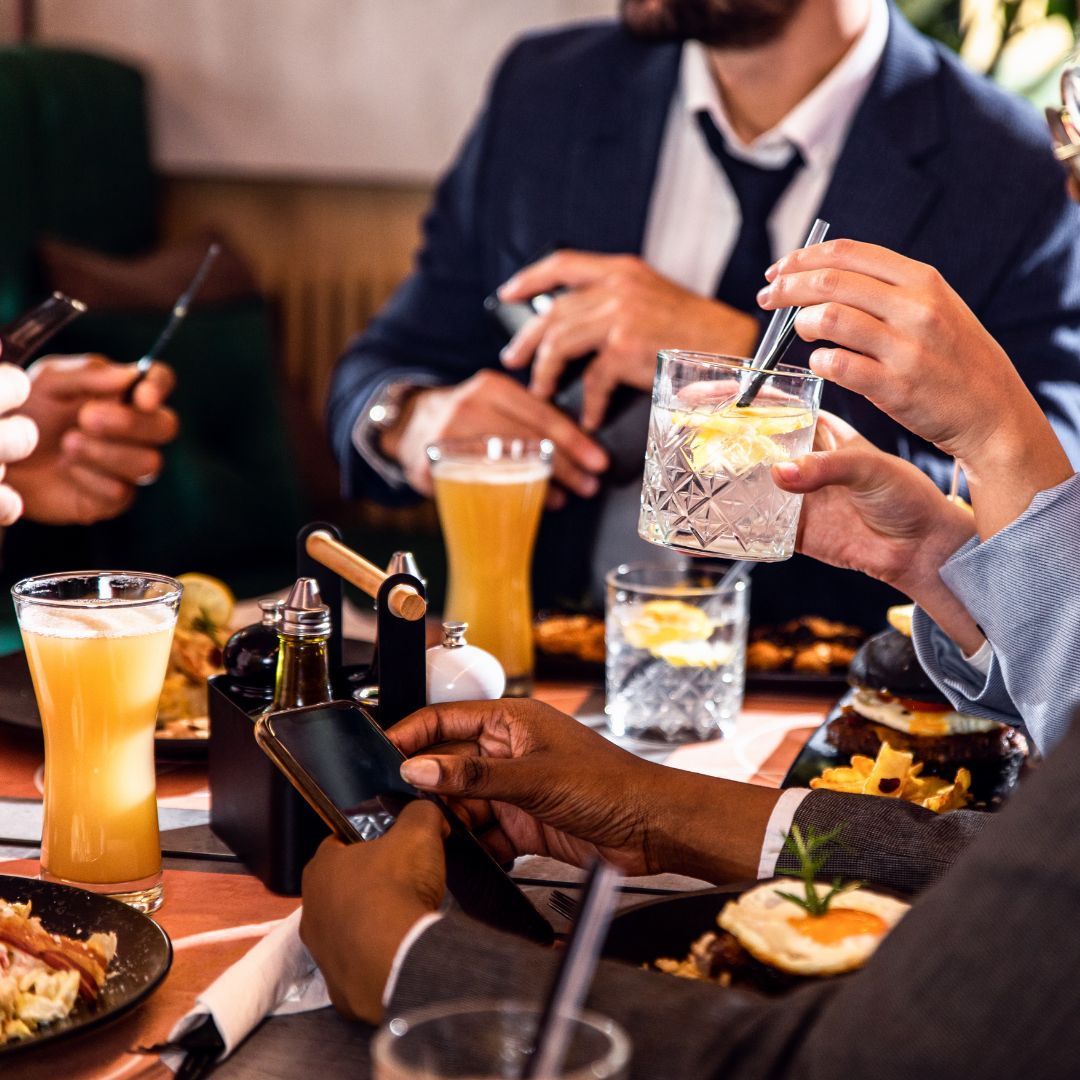How to Stay Compliant with Colorado’s Restaurant Insurance Requirements
See How We're Different
or call us: 303-834-1001
Operating a restaurant in Colorado is an exciting venture, but it also comes with its fair share of responsibilities. One of these is ensuring that your establishment is fully compliant with the state’s restaurant insurance requirements. Failure to adhere to these regulations can lead to severe penalties, including hefty fines and even the closure of your business. This guide will provide you with a comprehensive understanding of these requirements and how you can stay compliant.
Understanding Colorado's Restaurant Insurance Requirements
Before diving into the specifics of how to stay compliant, it's crucial to understand what these requirements are. In Colorado, restaurant owners are required to have several types of insurance coverage. These include general liability insurance, workers' compensation insurance, and property insurance. Each of these insurance types serves a unique purpose and protects different aspects of your business.
General liability insurance covers claims related to bodily injury, property damage, and personal injury that may occur on your premises. Workers' compensation insurance, on the other hand, covers medical expenses and lost wages for employees who get injured or become ill due to their job. Lastly, property insurance protects your restaurant's physical assets, such as the building and its contents, from damage or loss.
How to Stay Compliant
Obtain the Necessary Insurance Policies
The first step in staying compliant with Colorado's restaurant insurance requirements is to obtain the necessary insurance policies. This involves finding a reputable insurance company that offers the types of coverage required by the state. It's advisable to shop around and compare quotes from different providers to ensure you get the best deal.
Once you've chosen an insurance provider, you'll need to work with them to set up your policies. This process involves providing information about your restaurant, such as its location, size, and the number of employees. The insurance company will use this information to determine your premiums.
Maintain Adequate Coverage
Obtaining the necessary insurance policies is just the first step. To stay compliant, you must also maintain adequate coverage at all times. This means ensuring that your policies are always up-to-date and that your coverage limits are sufficient to cover potential claims.
It's important to review your insurance policies regularly, especially when there are changes in your business. For instance, if you expand your restaurant or hire more employees, you may need to increase your coverage. On the other hand, if you downsize, you might be able to reduce your premiums by lowering your coverage.
Keep Records of Your Insurance Policies
Another crucial aspect of staying compliant with Colorado's restaurant insurance requirements is keeping detailed records of your insurance policies. These records should include information such as the policy numbers, coverage limits, and expiration dates. They should also include any correspondence with your insurance provider, such as policy updates or claim filings.
These records are important because they provide proof of your insurance coverage. In the event of an inspection or audit, you'll need to present these records to demonstrate your compliance with the state's insurance requirements.
Understanding the Penalties for Non-Compliance
Non-compliance with Colorado's restaurant insurance requirements can lead to severe penalties. These can range from fines to the suspension or revocation of your business license. In some cases, you may also be held personally liable for any damages or injuries that occur on your premises.
It's also worth noting that if you fail to carry workers' compensation insurance, you could be held responsible for the full cost of an employee's medical expenses and lost wages if they get injured or become ill due to their job. This could potentially result in significant financial loss for your business.
Conclusion
Staying compliant with Colorado's restaurant insurance requirements is not just a legal obligation—it's also a crucial aspect of protecting your business. By obtaining the necessary insurance policies, maintaining adequate coverage, and keeping detailed records, you can ensure that your restaurant is fully protected and that you're prepared for any potential risks or liabilities.
Remember, insurance is not a one-size-fits-all solution. It's important to work with an experienced insurance agent who can help you understand your specific needs and provide guidance on the best coverage options for your restaurant. With the right insurance in place, you can focus on what you do best—running your restaurant and providing a great dining experience for your customers.













